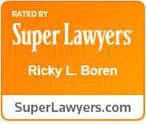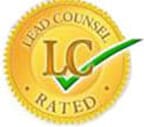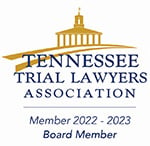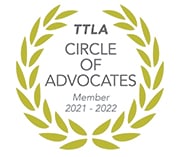An automobile accident can fray one’s nerves, making it hard for a person to decide what to say or do in the aftermath. Calls from family and friends plus answering questions for police and insurance companies add to the stress.
Accident victims often improve their situation by understanding what statements can harm their chances of receiving a fair settlement.
1. Accepting the first offer
An insurance company rarely presents its highest offer first, so a person should line up advice and evidence for the incident before agreeing to any settlement from an insurer.
2. Answering unasked questions
The insurance provider could take a simple misstatement or unclear expression out of context to claim a contradiction or inconsistency, so accident victims do better to keep extra details to themselves.
3. Accepting the blame
An accident victim should never accept any fault for a crash. Out of courtesy, a person may apologize, but this simple gesture could imply an admission of guilt to an officer or insurer.
4. Making statements about injuries
Accident victims should not say they did not experience any harm after the crash. A wreck often causes a surge of adrenaline that can mask pain. Delayed injuries like concussions, herniated discs, spinal cord damage, or whiplash may appear in the hours, days or weeks afterward through surprising symptoms.
5. Providing contact information of other people
The insurance company may try to collect its own evidence about the crash details or information related to a victim’s condition and recovery. Innocent statements by friends or family could be another source of information working against a victim.
An insurance company has profits as its priority. Smart accident victims can review what not to divulge after an accident to position themselves for proper compensation.














